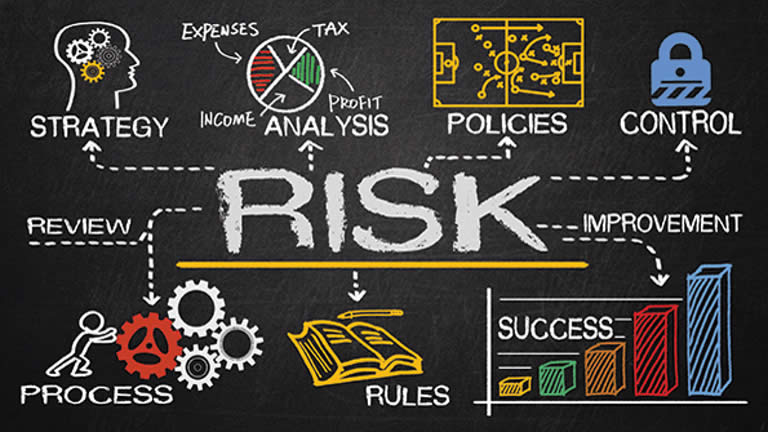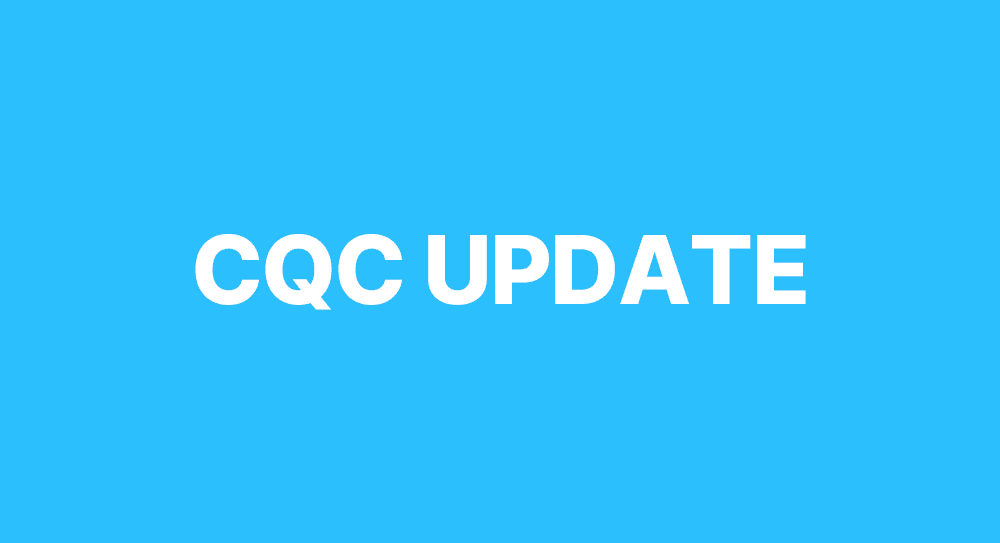Debbie Richens /
June 2021
The Importance of Evaluation.

Some people think of evaluation as taking a snapshot of outcomes at the end of a program or piece of work to prove that it worked or failed. These same people don’t hold evaluation in much regard because they feel they are getting too little information too late in the day, especially if their piece of work fell short of expectations or made no difference at all. Evaluation can, and should, however, be used as an ongoing management and learning tool to improve an organization’s effectiveness.
Good organisations aims to demonstrate the achievement of results. Results are significant from good management. Good management is based on good decision making. Good decision making depends on good information. Good information requires good data and careful analysis of the data. These are all critical elements of evaluation.
Evaluation refers to a periodic process of gathering data and then ordering it in such a way that the results can be used to determine whether your organisation is effectively carrying out planned activities, and the extent to which it is achieving its stated objectives and anticipated results, i.e., statement of purpose, your mission statement or your CQC rating.
Managers can and should conduct internal evaluations to get information about their service so that they can make sound decisions about the implementation of changes or projects. Internal evaluation should be conducted on an ongoing basis and applied carefully by managers at every level of an organisation. In addition, all of the participants (managers, staff, and recipients) should be involved in the evaluation process in appropriate ways. This collaboration helps ensure that the evaluation is fully participatory and builds commitment on the part of all involved to use the results to make critical improvements.
Although most evaluations are done internally, conducted by and for managers and staff, there is still a need for larger-scale, external evaluations conducted intermittently by individuals from outside the organisation.
Most often these external evaluations are required to answer questions about regulatory compliance or address shortfalls. In addition, a manager may request an external evaluation to objectively assess performance measured against KLOE’s that go above and beyond regulatory requirement.
Regulation 17.2.e of The Health and Social Care Act 2008 (Regulated Activities) Regulations 2014: states “seek and act on feedback from relevant persons and other persons on the services provided in the carrying on of the regulated activity, for the purposes of continually evaluating and improving such services”.
Evaluation, conducted on a regular basis, can greatly improve the management and effectiveness of your organisation and its progress. To do so requires understanding the differences between monitoring and evaluation, making evaluation an integral part of regular planning and implementation, and collecting the different types of information needed by managers at different levels of the organisation.
Could your evaluation methodology be better? Do you have a comprehensive evaluation process? Click the button below to book a call in with our expert team to discuss further and see if there is any area that our expert team can support you in when it comes to evaluation...
We look forward to hearing from you!
Book your meeting now














